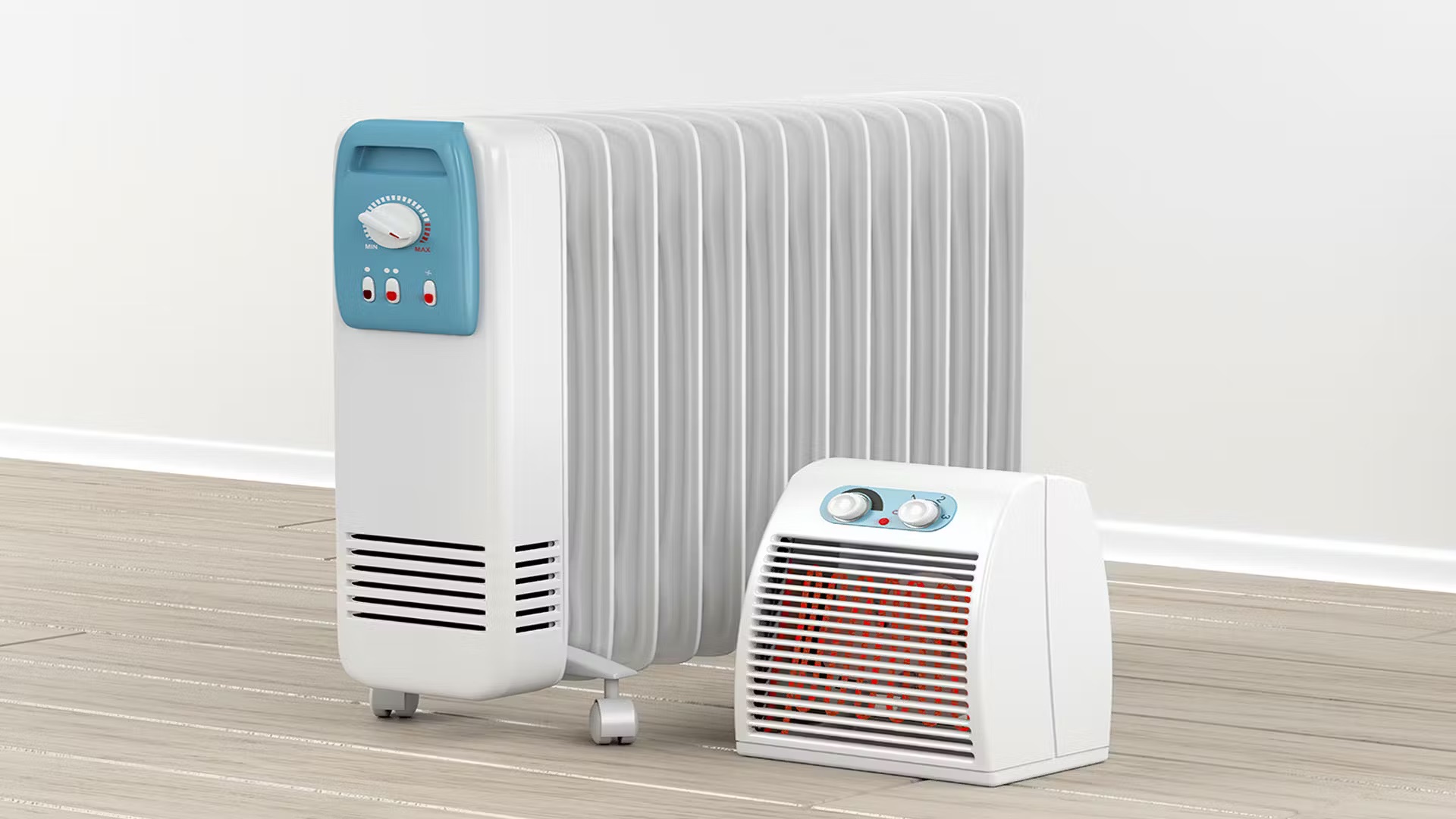

Articles
How Much Does Space Heater Cost To Run
Modified: January 6, 2024
Find out the cost of running space heaters with our informative articles. Discover energy-efficient options and save on your heating bills.
(Many of the links in this article redirect to a specific reviewed product. Your purchase of these products through affiliate links helps to generate commission for Storables.com, at no extra cost. Learn more)
Introduction
Space heaters are a popular choice for heating small areas or supplementing the central heating system in homes and offices. They are portable, convenient, and provide instant warmth. However, one of the primary concerns when using a space heater is the cost of running it. Understanding the factors that affect the cost and efficiency of a space heater can help you make informed decisions and manage your heating expenses effectively.
In this article, we will dive into the world of space heaters, exploring the various types available, energy efficiency ratings, and ultimately, how to determine the cost of running a space heater. Additionally, we will provide some tips for saving on space heater usage without compromising comfort.
Whether you are considering purchasing a space heater or trying to optimize your heating expenses, this article will equip you with the knowledge you need to make informed decisions and keep your costs under control.
Key Takeaways:
- Understanding the factors that affect the cost of running a space heater, such as power consumption, energy efficiency, and insulation, can help you estimate expenses and make informed decisions to manage heating costs effectively.
- Implementing energy-saving tips, such as zone heating, using programmable thermostats, and considering energy-efficient models, can help reduce space heater usage costs and minimize energy waste while maintaining a comfortable environment.
Understanding Space Heaters
Space heaters are portable heating devices that are designed to warm small areas. They come in various sizes, designs, and heating technologies. Understanding the different types of space heaters available can help you choose the most suitable one for your needs.
1. Convection Heaters: These heaters use air currents to distribute heat throughout a space. They work by drawing in cool air, passing it over a heated element, and then releasing the warmed air back into the room.
2. Radiant Heaters: Radiant heaters emit infrared radiation that directly heats objects and people in close proximity. They are particularly effective for providing focused warmth in small areas.
3. Oil-Filled Radiators: These heaters have oil-filled chambers that heat up when electricity is applied. They retain heat even after they are turned off, making them a good choice for maintaining a steady temperature in a room.
4. Fan-forced Heaters: These heaters use a fan to blow air over a heated element, distributing warm air throughout a space. They can heat a room quickly, but they tend to be noisier compared to other types of heaters.
5. Ceramic Heaters: Ceramic heaters use ceramic plates or coils as the heating element. They are known for their quick heat-up time and energy efficiency.
Each type of space heater has its own advantages and disadvantages. Consider factors such as the size of the room, heating needs, and personal preferences when choosing the right type of space heater for your specific requirements.
Factors Affecting Cost
When determining the cost of running a space heater, several factors come into play. Understanding these factors can help you estimate the expenses and make informed decisions regarding the use of your space heater.
1. Power Consumption: The wattage of a space heater determines its power consumption. Higher wattage heaters consume more electricity and therefore cost more to run. Check the wattage rating of your space heater to get an idea of its energy consumption.
2. Heating Time: The longer your space heater runs, the more energy it consumes. Consider the heating needs of the room and adjust the usage accordingly. For example, if you only need to heat the room for a short period, it is more cost-effective to turn off the heater once the desired temperature is reached.
3. Energy Efficiency: Energy-efficient space heaters are designed to provide maximum heat output with minimal energy consumption. Look for space heaters with high energy efficiency ratings to reduce your electricity costs. Energy Star certified heaters are a good option as they meet strict energy efficiency guidelines.
4. Thermostat Settings: Adjusting the thermostat settings of your space heater can significantly impact the cost. Lowering the temperature by even a few degrees can result in substantial energy savings. Opt for heaters with programmable thermostats to set specific temperature levels and schedule heating cycles.
5. Insulation: The level of insulation in your room plays a crucial role in the cost of running a space heater. Well-insulated rooms retain heat better, reducing the need for continuous heating. Ensure that doors, windows, and walls are properly insulated to minimize heat loss.
6. Electricity Rates: The cost of electricity varies depending on your location and the utility provider. Check your electricity bill or contact your utility company to determine the electricity rates in your area. Understanding the rates will help you estimate the cost of running your space heater more accurately.
By considering these factors and making conscious choices, you can effectively manage the cost of running your space heater while maintaining a comfortable environment.
Types of Space Heaters
Space heaters come in a variety of types, each with its own heating mechanism and unique features. Understanding the different types can help you choose the right one for your specific needs and preferences. Here are some common types of space heaters:
1. Electric Space Heaters: Electric heaters are the most popular type of space heaters. They are easy to use, portable, and emit heat through electric coils. Electric space heaters come in various forms, including convection heaters, radiant heaters, oil-filled radiators, fan-forced heaters, and ceramic heaters.
2. Gas Space Heaters: Gas heaters are another type of space heater that utilizes natural gas or propane as a fuel source. These heaters are preferred in areas where electricity supply is unreliable or expensive. Gas space heaters provide efficient and cost-effective heating, but it’s important to ensure proper ventilation to prevent carbon monoxide buildup.
3. Kerosene Heaters: Kerosene heaters are commonly used for outdoor heating or in well-ventilated spaces. They operate by burning kerosene, emitting heat through radiation and convection. Kerosene heaters are portable and provide a reliable source of heat, especially in areas without electricity accessibility.
4. Pellet Stoves: Pellet stoves are a type of space heater that burns small, compressed wood pellets to generate heat. They are highly efficient, environmentally friendly, and suitable for heating larger areas. Pellet stoves require a constant supply of pellets and regular maintenance.
5. Wall-Mounted Heaters: Wall-mounted heaters offer a space-saving heating solution. They can be installed on the wall, saving floor space while providing efficient heating. Wall-mounted heaters come in a variety of types, including electric, gas, and infrared options.
6. Baseboard Heaters: Baseboard heaters are typically installed along the baseboard of a room. They work by convection, allowing cool air to enter through the bottom and warm air to exit through the top. Baseboard heaters are quiet, low-maintenance, and provide consistent heat distribution.
When choosing a space heater, consider factors such as the size of the room, desired heating method, energy efficiency, and safety features. It’s important to select a space heater that aligns with your specific heating needs and provides optimal comfort.
Energy Efficiency Ratings
Energy efficiency ratings are an essential factor to consider when selecting a space heater. They indicate how effectively the heater converts electricity or fuel into heat, helping you choose a model that maximizes heat output while reducing energy consumption. Here are some common energy efficiency rating systems for space heaters:
1. Energy Star: The Energy Star certification is a widely recognized symbol of energy efficiency. Space heaters that bear the Energy Star label meet strict guidelines set by the Environmental Protection Agency (EPA) and the Department of Energy (DOE). These heaters are designed to consume less energy and emit fewer greenhouse gas emissions without compromising performance.
2. SEER (Seasonal Energy Efficiency Ratio): SEER ratings are often used for cooling systems but can also provide insight into the energy efficiency of heat pump space heaters. A higher SEER rating indicates better energy efficiency and lower operating costs over the long term.
3. AFUE (Annual Fuel Utilization Efficiency): AFUE ratings are used for space heaters that burn fuel like natural gas or propane. It represents the percentage of fuel that is converted into usable heat. The higher the AFUE rating, the more efficient the heater is in utilizing the fuel.
4. HSPF (Heating Seasonal Performance Factor): HSPF is a rating system specifically used for heat pump space heaters. It measures the ratio of heat output in comparison to electricity consumption over the entire heating season. Higher HSPF ratings indicate greater energy efficiency.
When comparing space heaters, look for models with higher energy efficiency ratings. These heaters will consume less energy, resulting in lower energy bills and reduced environmental impact. However, keep in mind that energy efficiency ratings only provide a general indication of a heater’s efficiency and may not reflect its real-world performance entirely. Other factors like insulation, thermostat settings, and usage patterns also affect the overall energy efficiency of a space heater.
Remember to review the energy efficiency rating and consider the specific needs of your space before making a purchase. This will ensure that you choose a space heater that strikes the right balance between comfort and low energy consumption.
Consider using a space heater with a thermostat to control the temperature and save on energy costs. Also, opt for a heater with an energy-saving mode to reduce electricity usage.
Read more: How Much Does An AC Cost To Run
Calculating the Cost to Run a Space Heater
Calculating the cost to run a space heater can help you estimate your heating expenses and make informed decisions about its usage. Here’s a step-by-step guide on how to calculate the cost:
1. Determine the Wattage: Check the wattage rating of your space heater. It is usually indicated on the appliance or in the user manual. For example, let’s say your space heater has a wattage of 1500 watts.
2. Find Energy Consumption: To calculate the energy consumption, multiply the wattage by the number of hours you plan to run the heater. For instance, if you run a 1500-watt space heater for 4 hours per day, the energy consumption would be 1500 watts x 4 hours = 6000 watt-hours or 6 kilowatt-hours (kWh).
3. Determine Electricity Cost: Check your electricity bill or contact your utility provider to find the cost per kilowatt-hour (kWh) for your area. Let’s assume the cost is $0.15 per kWh.
4. Calculate the Cost: Multiply the energy consumption (in kWh) by the electricity cost per kWh. Using the previous example, if the energy consumption is 6 kWh and the cost per kWh is $0.15, the cost to run the space heater for 4 hours would be 6 kWh x $0.15/kWh = $0.90.
Remember that this calculation only represents the cost of running the space heater and does not take into account other factors such as initial purchase cost, maintenance, or additional heating sources. It’s also important to note that electricity rates may vary depending on the time of day or season, so it’s advisable to consult your utility provider for accurate and up-to-date rates.
By calculating the cost to run a space heater, you can better manage your heating expenses and adjust usage as needed to stay within your budget. Additionally, using energy-efficient space heaters and implementing energy-saving practices can help reduce the overall cost of heating while maintaining comfort.
Examples of Space Heater Costs
Understanding the potential costs of running a space heater can help you make informed decisions and manage your heating expenses effectively. Here are some examples of space heater costs to give you a better idea:
Example 1: Electric Convection Heater
- Wattage: 1500 watts
- Usage: 6 hours per day
- Electricity Cost: $0.15 per kWh
In this example, the energy consumption would be 1500 watts x 6 hours = 9000 watt-hours or 9 kilowatt-hours (kWh) per day. The cost to run the heater for a day would be 9 kWh x $0.15/kWh = $1.35. Therefore, if you ran this heater for 30 days, the total cost for the month would be $1.35 x 30 = $40.50.
Example 2: Oil-Filled Radiator
- Wattage: 1000 watts
- Usage: 4 hours per day
- Electricity Cost: $0.12 per kWh
In this case, the energy consumption would be 1000 watts x 4 hours = 4000 watt-hours or 4 kilowatt-hours (kWh) per day. The cost to run the heater for a day would be 4 kWh x $0.12/kWh = $0.48. For a month (30 days), the total cost would amount to $0.48 x 30 = $14.40.
These examples illustrate the potential costs associated with running space heaters at different wattages and durations. However, it’s important to note that these calculations are approximate and can vary depending on the specific factors of your situation, such as electricity rates and usage patterns.
By understanding these examples, you can estimate the potential costs of running your space heater and make adjustments to meet your heating needs while staying within your desired budget.
Tips for Saving on Space Heater Usage
While space heaters provide convenient and localized heating, they can also consume a significant amount of energy. To help reduce your heating costs and make your space heater usage more efficient, consider implementing the following tips:
1. Zone Heating: Rather than heating the entire house or office, use the space heater to warm only the areas you frequently occupy, such as the living room or workspace. This way, you can avoid heating unused areas and save on energy consumption.
2. Use a Programmable Thermostat: Invest in a space heater with a programmable thermostat. This will allow you to set specific temperature levels and schedule heating cycles according to your needs. By lowering the temperature or turning the heater off when you’re not using the space, you can reduce energy waste.
3. Proper Insulation: Ensure that your room or space is properly insulated to retain heat efficiently. Seal any air leaks around doors, windows, and walls to minimize heat loss. Proper insulation will reduce the demand for constant heating and save on energy costs.
4. Optimal Temperature Settings: Set your space heater to a comfortable but efficient temperature. Each degree increase in temperature can significantly impact energy consumption. A recommended range is typically 68 to 72 degrees Fahrenheit (20 to 22 degrees Celsius) for optimal comfort and energy efficiency.
5. Use Fans to Circulate Heat: If your space heater has a built-in fan or if you have a separate fan, use it to circulate warm air throughout the room. This will distribute the heat more evenly and prevent cold spots, allowing you to maintain a consistent temperature without having to rely solely on the space heater.
6. Don’t Forget to Dress Warmly: Instead of solely relying on your space heater to provide warmth, dress in cozy clothing layers to stay comfortable. This will allow you to lower the thermostat setting on the heater, reducing energy consumption.
7. Regular Maintenance: Keep your space heater clean and well-maintained to ensure optimal performance. Dust and debris can accumulate on the heating elements, reducing efficiency. Follow the manufacturer’s instructions for regular cleaning and maintenance to maximize the heater’s lifespan and efficiency.
8. Consider Energy-Efficient Models: When purchasing a space heater, look for models with high energy efficiency ratings. Energy Star certified heaters are designed to minimize energy consumption while providing effective heating. These models may have additional features such as eco-mode or energy-saving settings, further reducing energy usage.
By implementing these energy-saving tips, you can reduce your space heater usage costs and minimize energy waste, ultimately helping you save on your heating expenses without compromising comfort.
Conclusion
Space heaters offer a convenient and efficient solution for heating small areas and supplementing the central heating system. However, understanding the factors that affect the cost of running a space heater is crucial for managing heating expenses effectively.
In this article, we explored various aspects related to space heaters, including the different types available, energy efficiency ratings, and calculating the cost of running a space heater. By considering factors such as power consumption, heating time, energy efficiency, insulation, and electricity rates, you can estimate the cost and make informed decisions about your space heater usage.
We also discussed tips for saving on space heater usage, such as practicing zone heating, using programmable thermostats, ensuring proper insulation, setting optimal temperatures, utilizing fans, dressing warmly, and considering energy-efficient models. By implementing these strategies, you can minimize energy waste and reduce heating costs while maintaining a comfortable environment.
It’s essential to remember that while space heaters can be a valuable heating solution, it’s important to use them responsibly and safely. Always follow the manufacturer’s instructions, maintain proper ventilation, and never leave a space heater unattended.
By understanding the costs, maximizing energy efficiency, and practicing smart usage, you can enjoy the benefits of a space heater while keeping your heating expenses under control. Keep these insights in mind, and make informed decisions to create a warm and cost-effective environment during the colder months.
Frequently Asked Questions about How Much Does Space Heater Cost To Run
Was this page helpful?
At Storables.com, we guarantee accurate and reliable information. Our content, validated by Expert Board Contributors, is crafted following stringent Editorial Policies. We're committed to providing you with well-researched, expert-backed insights for all your informational needs.




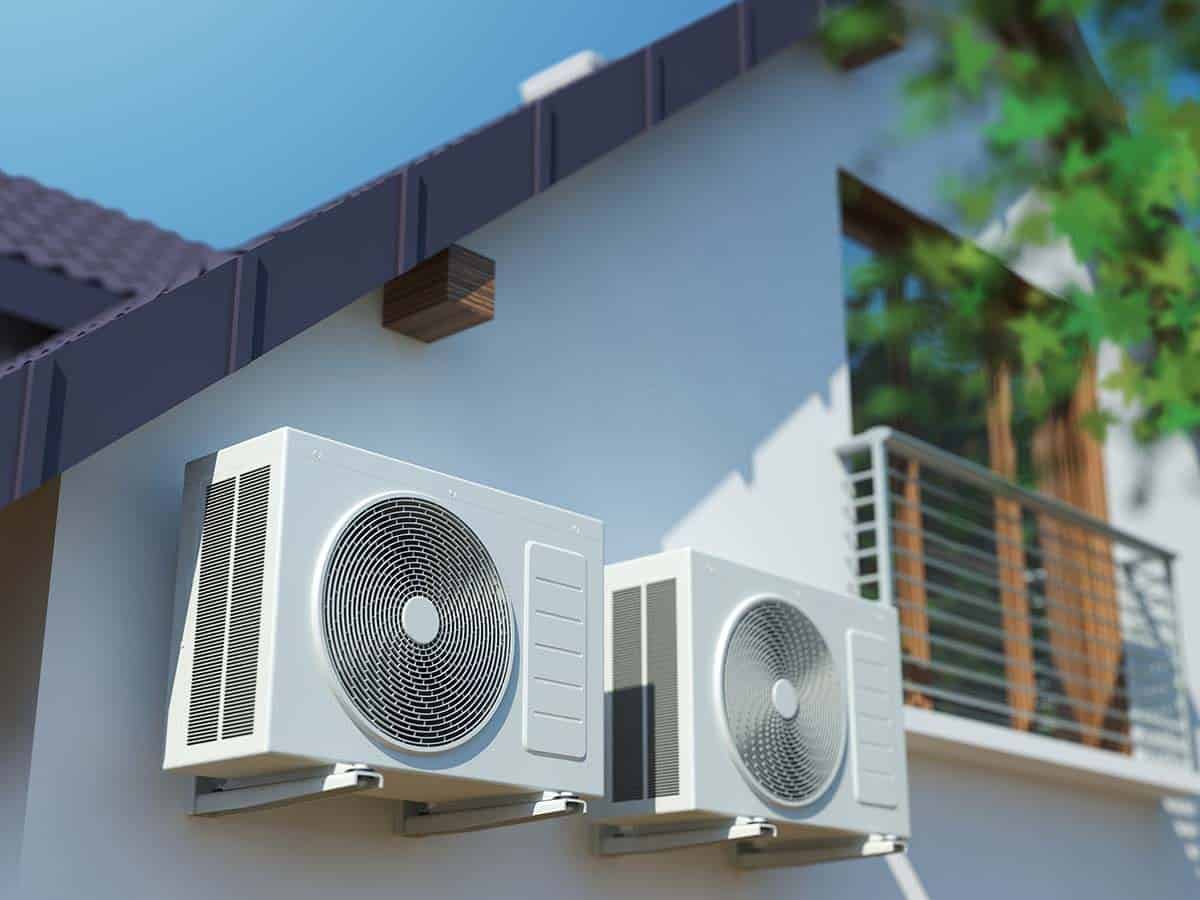
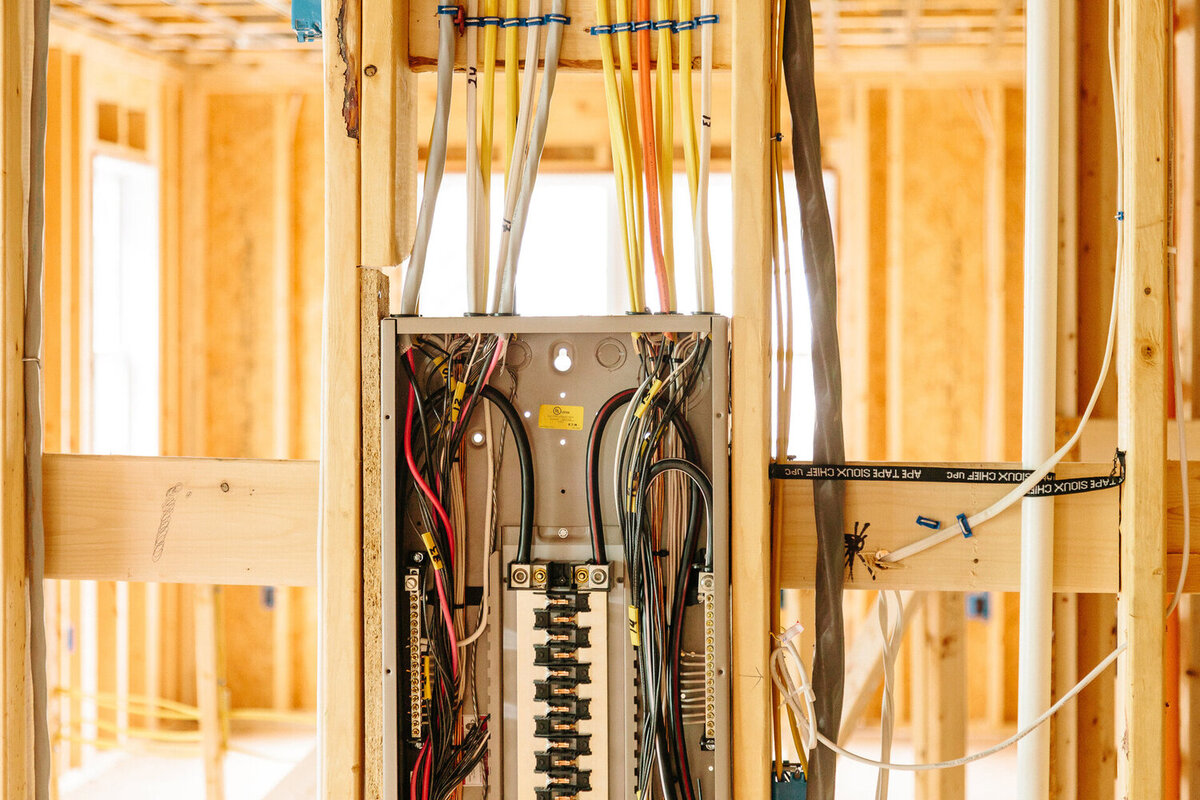


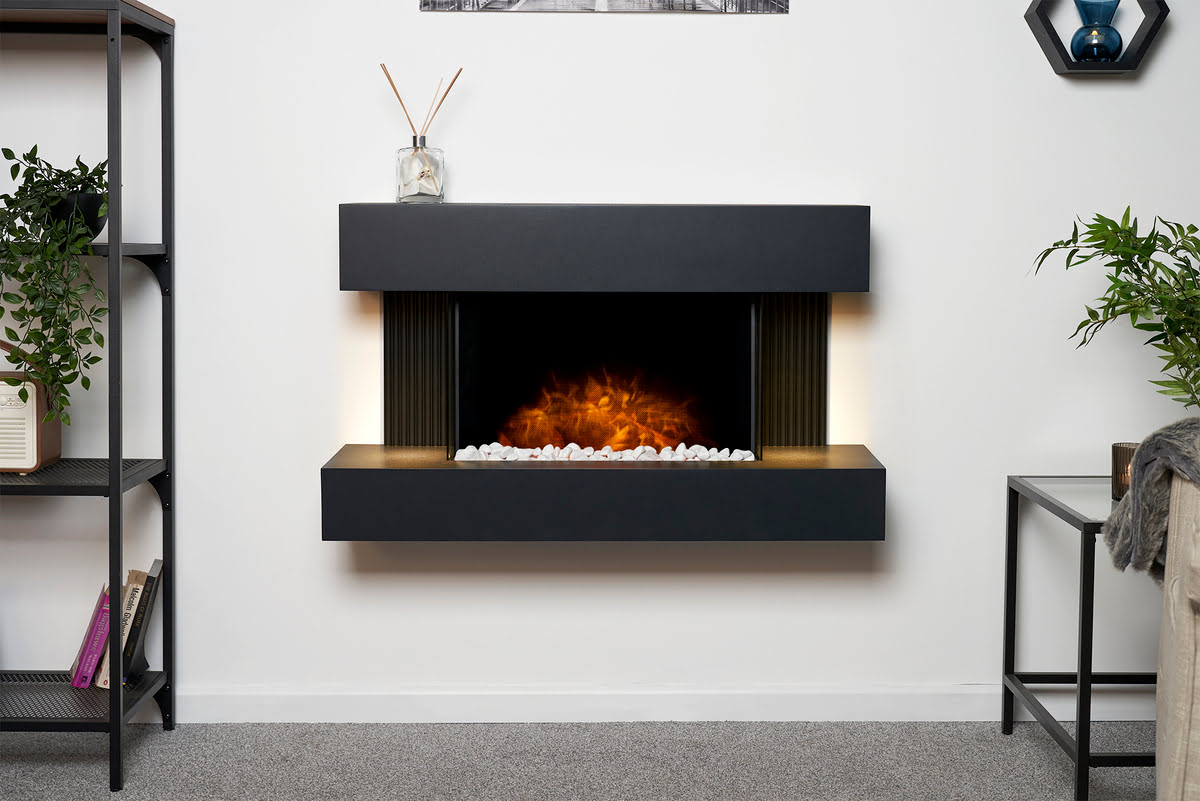
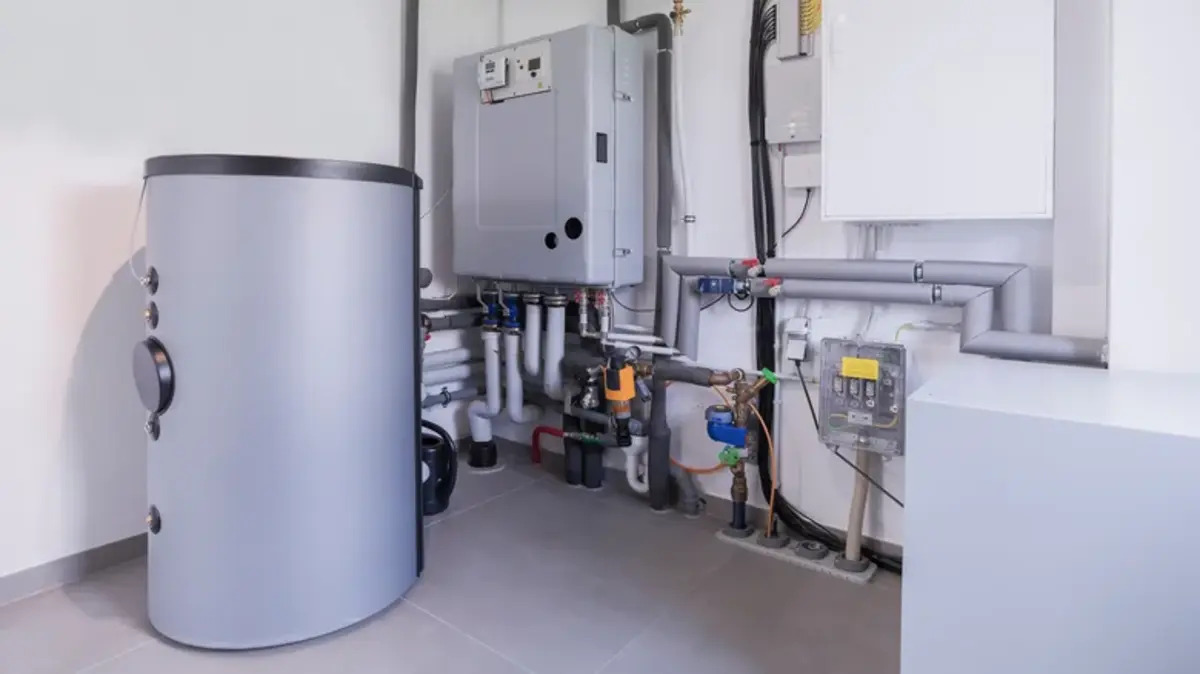


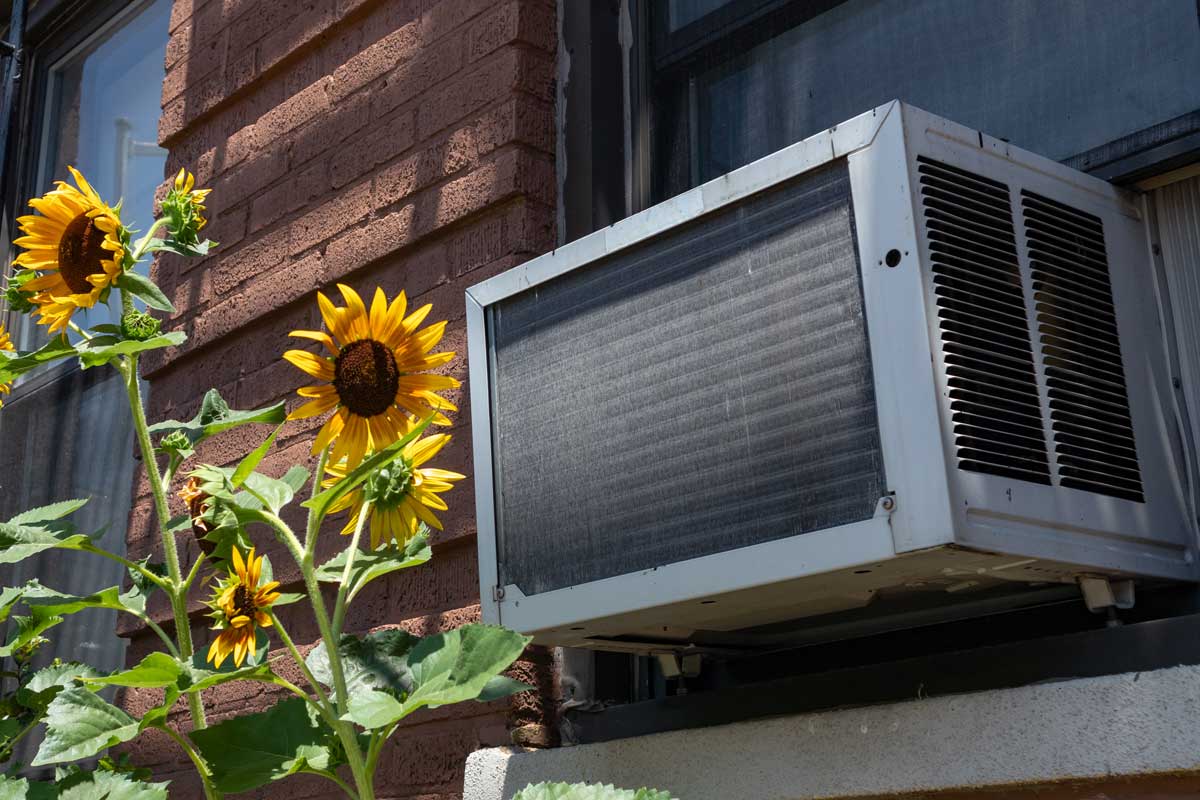
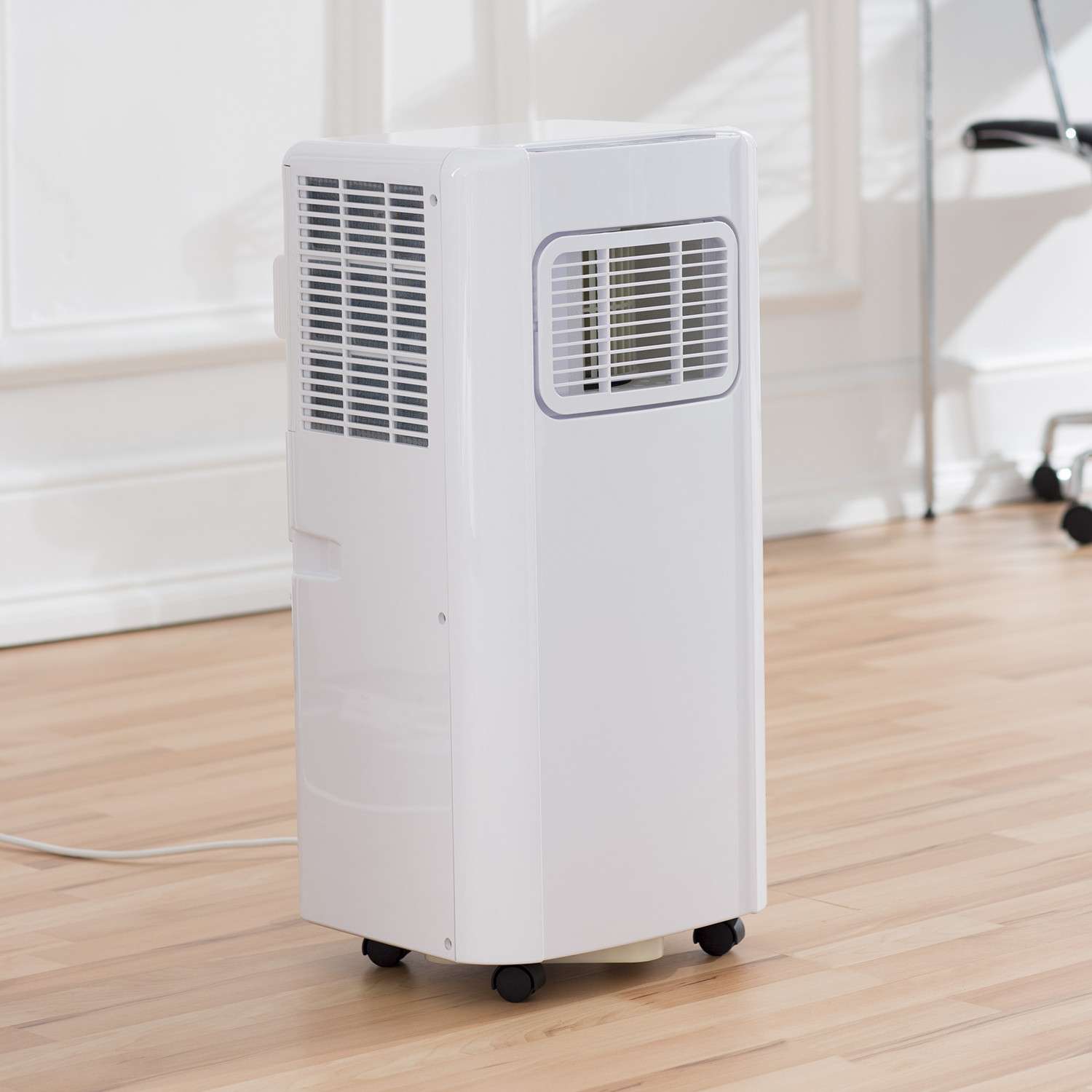

0 thoughts on “How Much Does Space Heater Cost To Run”